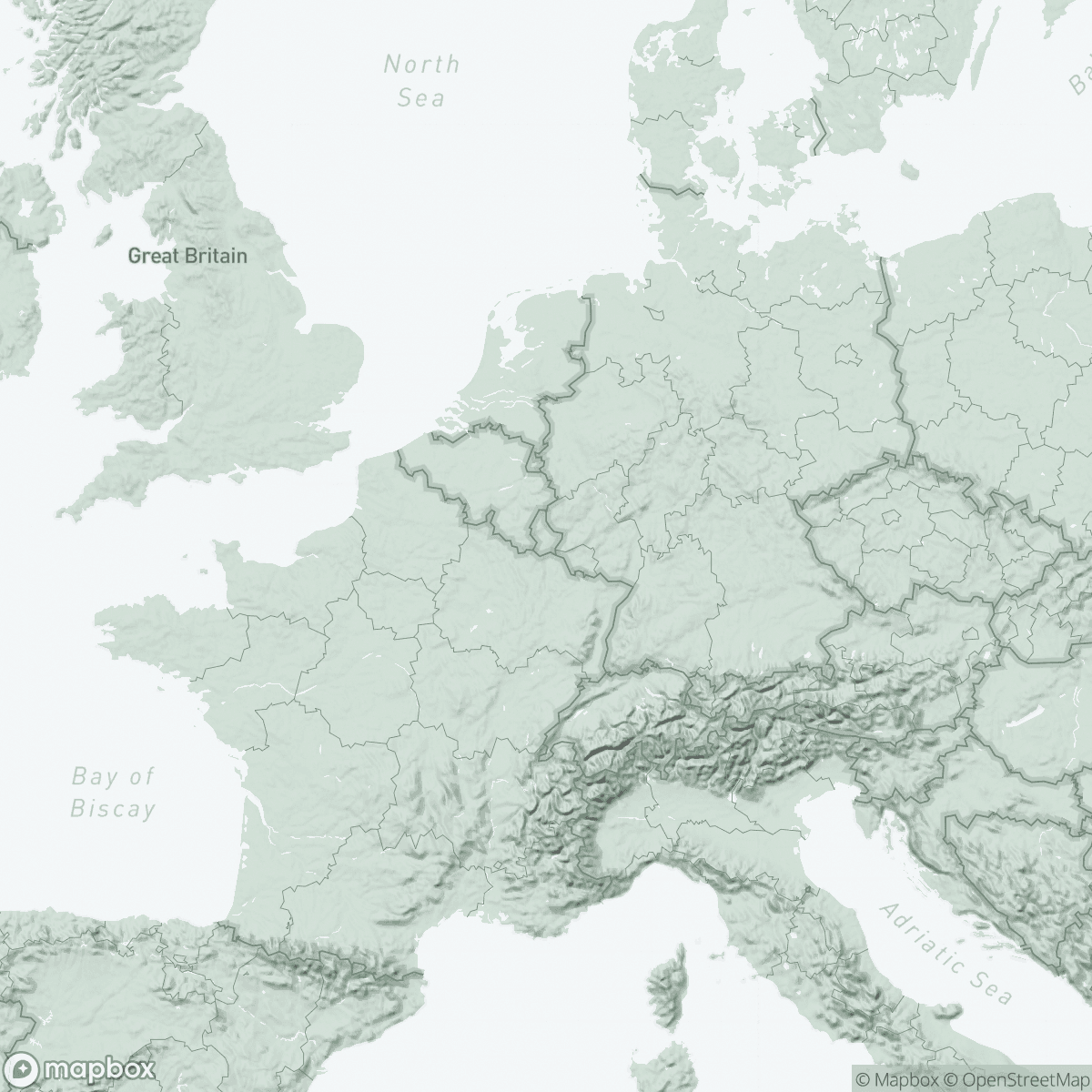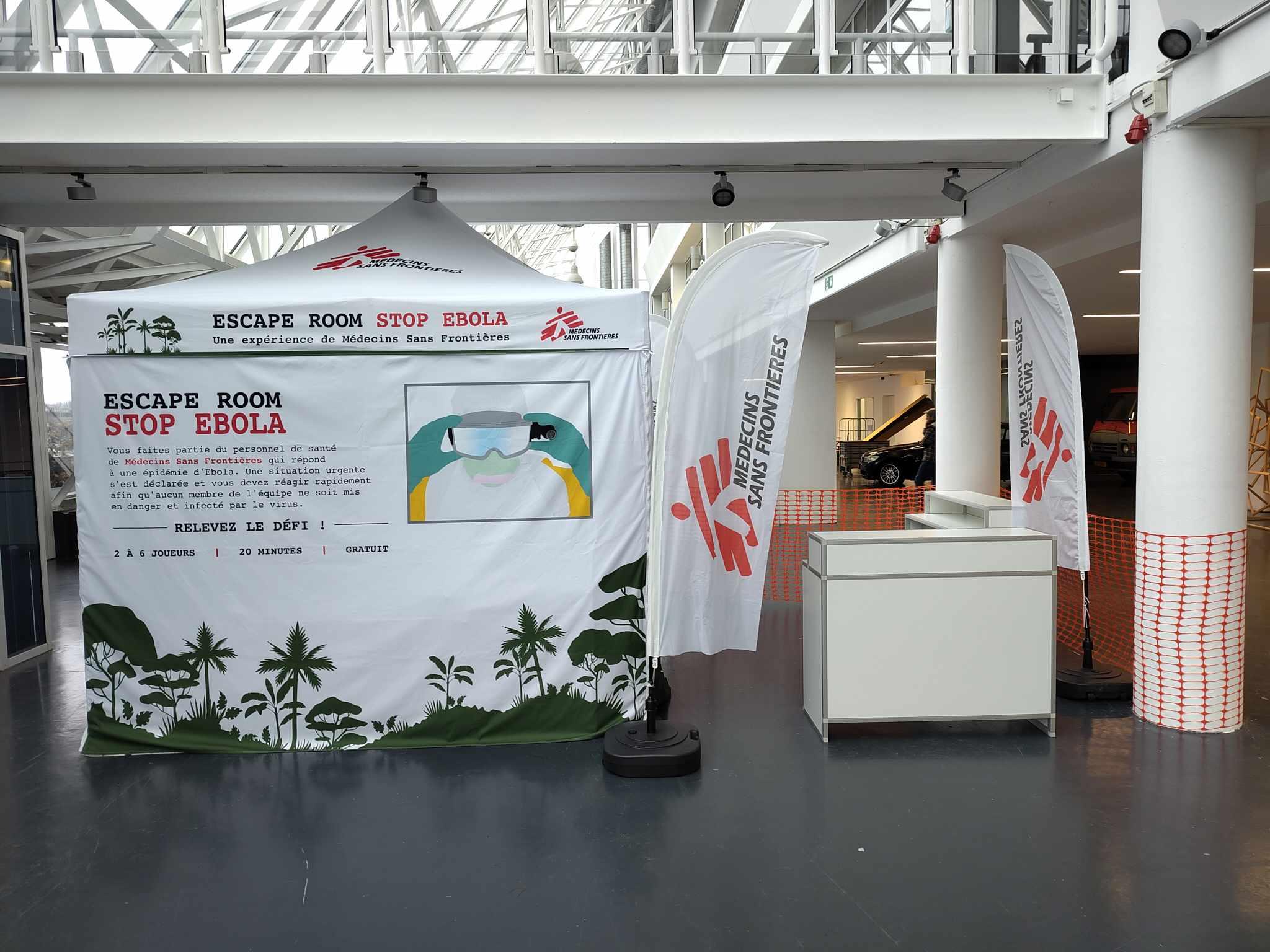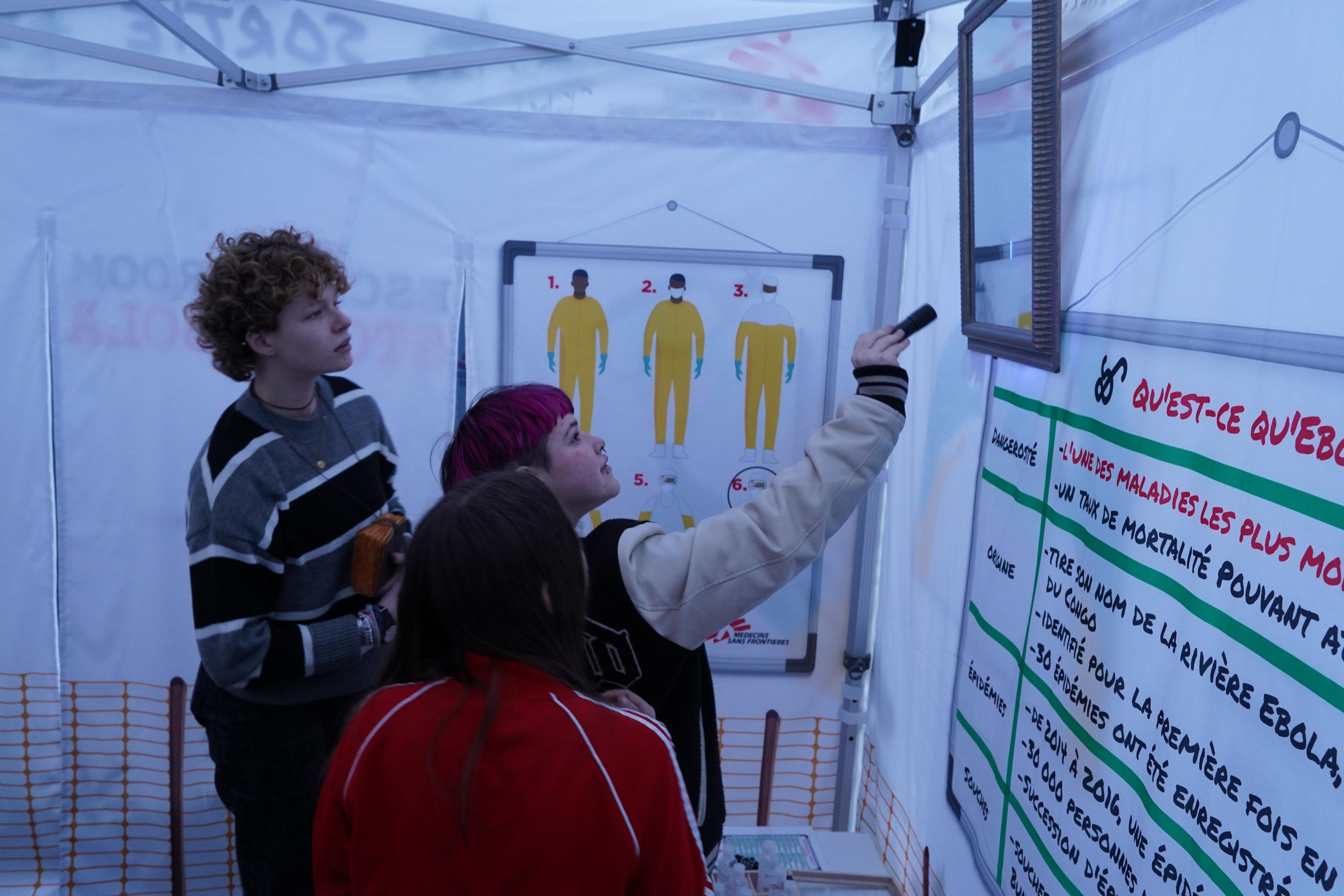In 1 click, help us spread this information :
Médecins Sans Frontières (MSF) awaits you at Game On on 26 & 27 October!

Game On, the event for games enthusiasts, returns to Les Rotondes in 2024. We will be there to present 2 of our educational tools, our Escape Room ‘Stop Ebola’, presented in Luxembourg for the first time at the Festival des Migrations 2024, and our board game Missing Maps.
We will be present on Saturday 26 October 2024 from 14:00 to 19:00 and on Sunday 27 October 2024 from 11:00 to 18:00.
Admission is free and the event is open to everyone, young and old alike.
Escape room ‘Stop Ebola’ - Immersive awareness-raising tool
The ‘Stop Ebola’ Escape Room developed by Médecins Sans Frontières is an immersive awareness-raising tool, laid out like a changing room, that lets you immerse yourself in the day-to-day life of a medical team working in an Ebola crisis, a highly infectious and very dangerous disease. In teams of up to 6 people, you work for MSF and are on mission during an Ebola epidemic. Will you manage to open all the lockers in time and put on the personal protective equipment before your intervention?
Missing Maps board game - our humanitarian actions on the map
This board game, based essentially on a map of the world, is designed to raise public awareness of some of the humanitarian issues that Médecins Sans Frontières faces over the course of a year. By interacting with magnets representing country flags and crises, you will learn in a fun way about the areas where MSF was active in 2023, the crises to which our teams responded and the problems encountered by our teams once on the ground.
The game highlights the lack of sufficiently accurate maps in areas prone to humanitarian crises. Our team will be on hand to give you the background to each operation and, above all, to show you how you can help to facilitate the work of humanitarian staff in the field from Luxembourg, by getting involved in the Missing Maps project. By taking part in the mapathons, everyone helps to provide us with detailed geographical data. This data is then used to produce high-quality maps of the areas in which we operate, which are essential for a wide range of activities, including vaccination campaigns and flood relief.




